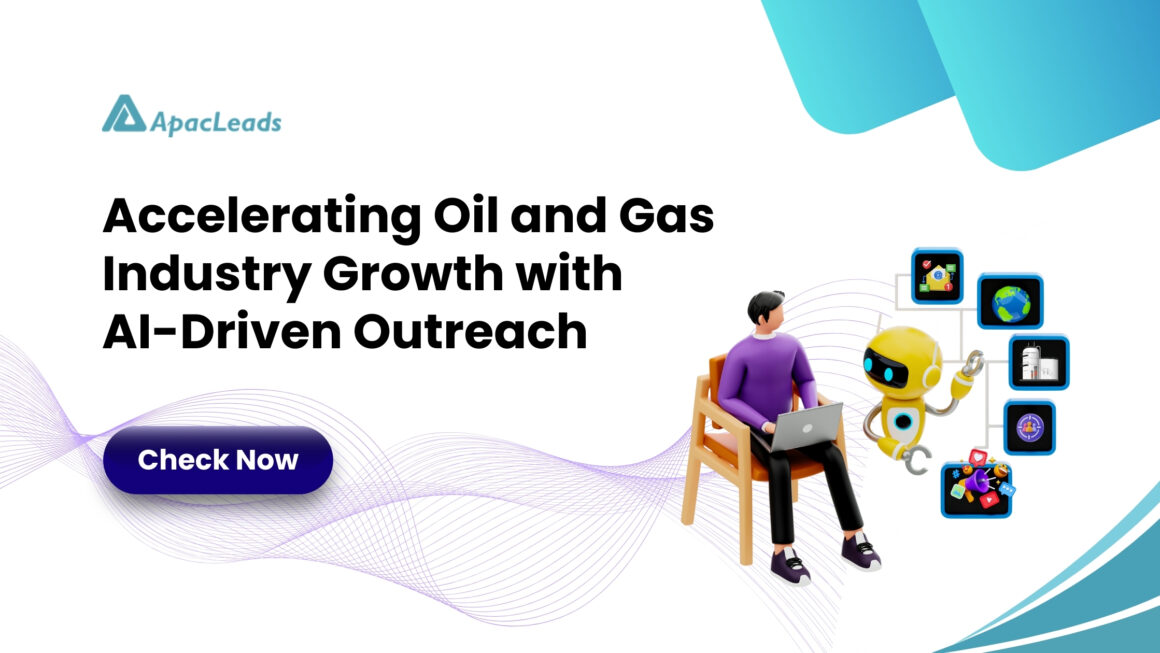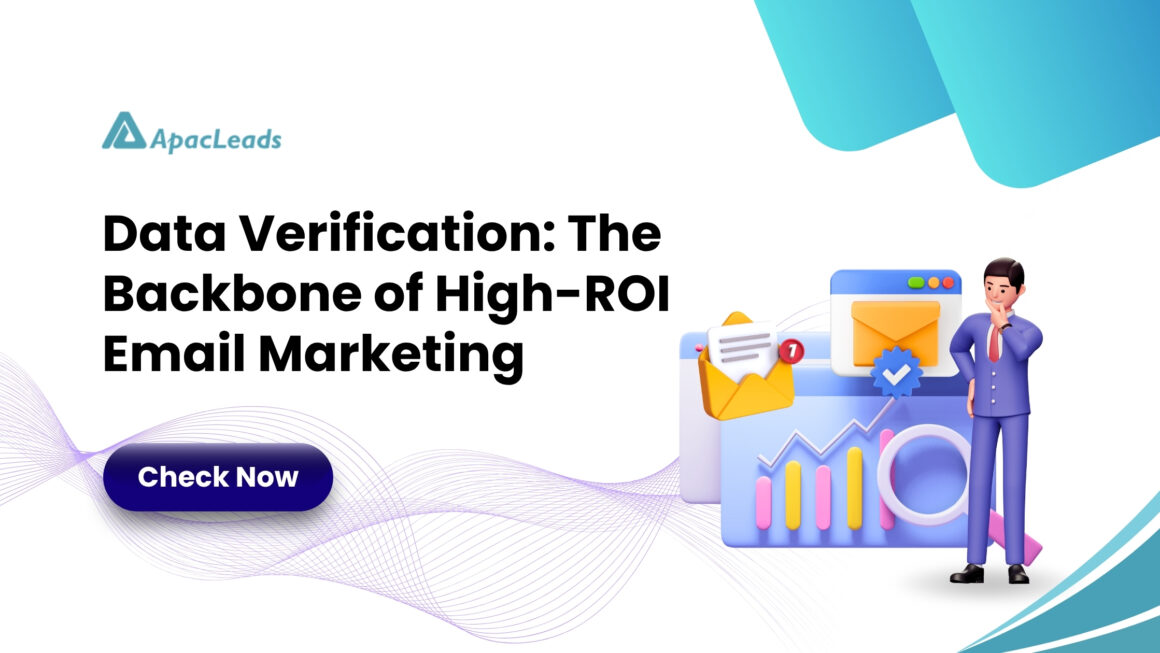In today’s competitive B2B landscape, traditional lead generation methods often fall short. Companies are recognizing the need for a new approach—one that zeroes in on high-value accounts and fosters deeper connections. Enter account-based marketing (ABM), a game-changing strategy that is transforming how businesses attract and nurture leads.
With ABM, companies no longer cast wide nets hoping to catch random prospects. Instead, they target specific organizations with tailored messaging designed to resonate deeply with decision-makers. This shift not only enhances engagement but also significantly improves conversion rates.
As the demand for more personalized marketing grows, understanding how ABM works is essential for any B2B organization looking to thrive in this evolving market. Let’s delve into the nuances of account-based marketing and explore why it may be the missing piece in your lead generation puzzle.
Understanding Account-Based Marketing (ABM)
Account-based marketing (ABM) is a strategic approach that focuses on engaging specific accounts rather than targeting a broad audience. It’s about identifying high-value clients and customizing your marketing efforts to meet their unique needs.
This method emphasizes quality over quantity. Instead of chasing numerous leads, businesses concentrate their resources on key accounts that are likely to yield significant returns.
ABM involves collaboration between sales and marketing teams, ensuring a unified strategy tailored for each account. This alignment fosters deeper relationships and enhances understanding of client pain points.
Moreover, ABM leverages data analytics to pinpoint the best-targeted organizations. By analyzing behaviors and preferences, companies can create more relevant content that speaks directly to decision-makers within those accounts.
As B2B markets become increasingly saturated, embracing ABM offers a pathway towards meaningful engagement with potential customers.
The shift from traditional lead generation methods
Traditional lead generation methods often cast a wide net. Businesses relied heavily on cold calling, generic email blasts, and broad advertising campaigns. This approach resulted in low conversion rates and wasted resources.
As the B2B landscape evolves, companies are recognizing the limitations of these tactics. The focus is shifting towards identifying specific accounts that align with their ideal customer profile. Instead of reaching out to countless prospects, businesses can now hone in on high-value targets.
This targeted approach not only maximizes efficiency but also enhances engagement. Prospects appreciate personalized communication over impersonal outreach. By understanding their needs and pain points, marketers can build meaningful relationships right from the start.
The move away from traditional methods marks a significant transformation in how companies generate leads today. It reflects a deeper understanding of buyer behavior and preferences in an increasingly competitive marketplace.
The benefits of ABM for B2B companies
Account-Based Marketing (ABM) offers a strategic advantage for B2B companies by enabling them to focus their resources on high-value accounts. This targeted approach leads to more efficient use of marketing budgets, ensuring that efforts are concentrated where they matter most.
Additionally, ABM fosters deeper relationships with prospects. By engaging with key stakeholders through personalized content and tailored messaging, businesses can build trust and credibility over time.
The alignment between sales and marketing teams improves significantly under an ABM strategy. Collaboration ensures that both departments work toward shared goals, enhancing the overall effectiveness of campaigns.
Another notable benefit is the ability to measure success effectively. With clear metrics tied directly to specific accounts, organizations can analyze what strategies yield the best results and refine their approaches accordingly.
Adopting ABM transforms how B2B companies cultivate leads and drive growth within their target markets.
Personalization and targeting in ABM
Personalization is at the heart of account-based marketing (ABM). It transforms how businesses connect with potential clients. Instead of a one-size-fits-all approach, ABM focuses on tailoring messages to specific accounts.
Targeting key decision-makers within those accounts is crucial. This means understanding their pain points, preferences, and industry challenges. When you speak directly to their needs, your message resonates more deeply.
Using data analytics enhances this personalization effort. You can identify which content formats appeal most to each target audience segment. Whether it’s insightful case studies or engaging webinars, customizing content fosters stronger relationships.
Moreover, personalized outreach increases engagement rates dramatically. Clients are more likely to respond when they feel understood and valued rather than just another name on a list.
Successful ABM hinges on creating meaningful connections that drive results for both parties involved in the B2B landscape.
Implementing an effective ABM strategy
Implementing an effective ABM strategy requires a clear understanding of your target accounts. Start by identifying high-value prospects that align with your business goals. Research their needs, pain points, and decision-making processes.
Next, create personalized content tailored to each account’s unique circumstances. This could mean developing case studies or targeted emails that speak directly to their challenges.
Collaboration is key in an ABM approach. Ensure alignment between sales and marketing teams for seamless execution. Regular communication fosters a unified strategy that resonates with potential clients.
Utilize technology to track engagement metrics and refine your tactics continuously. Leveraging analytics allows you to adapt quickly, ensuring optimal outreach efforts are maintained as market conditions evolve.
Nurture relationships beyond initial contact. By providing ongoing value through insights or resources, you build trust and positioning yourself as a valuable partner instead of just another vendor.
Future predictions for ABM in the B2B industry
As we look ahead, account-based marketing (ABM) is poised to evolve dramatically within the B2B landscape. The integration of artificial intelligence and machine learning will sharpen targeting efforts, enabling brands to predict customer behavior more accurately.
Personalization will reach new heights. Companies may harness data analytics not just for campaigns but also for creating tailored experiences that resonate deeply with target accounts. This could transform how prospects perceive value.
Additionally, collaboration between sales and marketing teams will become even more crucial. They’ll work in tandem on shared objectives rather than operating in silos.
Emerging technologies like virtual reality might find a place in ABM strategies too, offering immersive experiences that engage potential clients uniquely.
The future of ABM seems bright, filled with innovation and opportunities for those willing to adapt and embrace change.
Conclusion
Account-based marketing (ABM) is not just a trend; it’s transforming the landscape of B2B lead generation. By focusing on specific accounts rather than broad audiences, companies can foster deeper relationships and ultimately drive more significant results. The shift from traditional lead generation methods to ABM reflects an understanding that quality often trumps quantity.
The benefits for B2B companies are impressive. Enhanced personalization and targeted strategies result in better engagement rates, higher conversion rates, and improved ROI. As businesses harness data-driven insights to identify key players within organizations, they can tailor their messaging effectively.
Implementing an effective ABM strategy requires collaboration between marketing and sales teams. This synergy ensures that efforts align with business goals while delivering value to prospective clients at every stage of their journey.
Looking ahead, the future of ABM in the B2B industry seems bright. With advancements in technology and data analytics, marketers will be equipped to refine their approaches continuously. As more organizations embrace this model, we may witness shifts in customer expectations as well—making personalized experiences the norm rather than the exception.
As account-based marketing continues its ascent, businesses must adapt or risk falling behind competitors who leverage these innovative practices effectively. Staying informed about trends and embracing change will be crucial for sustained success in today’s fast-paced digital marketplace.



